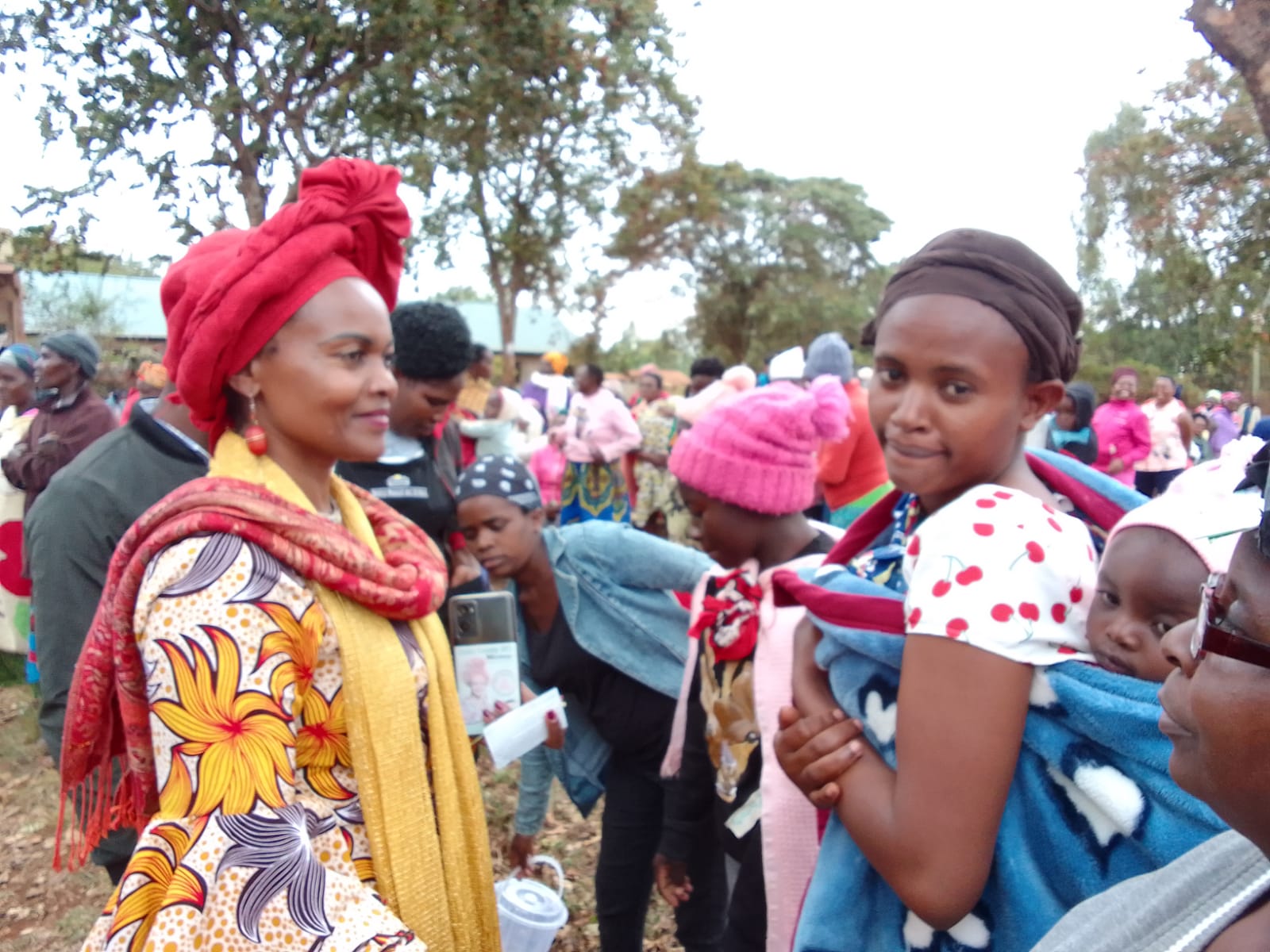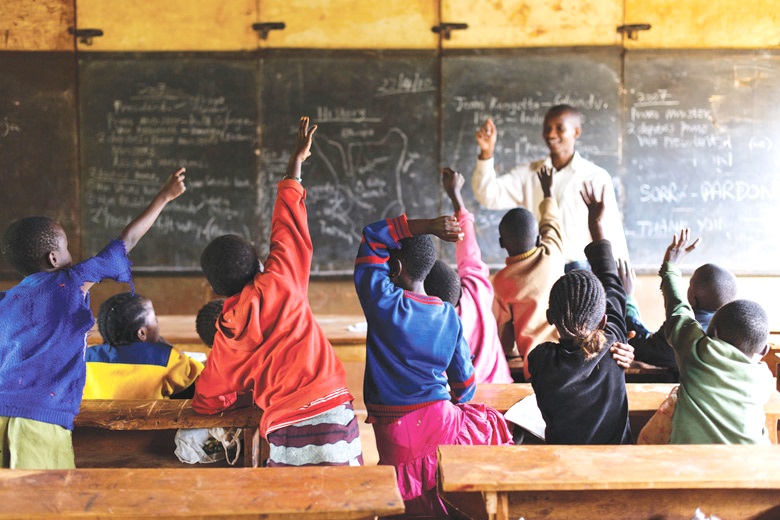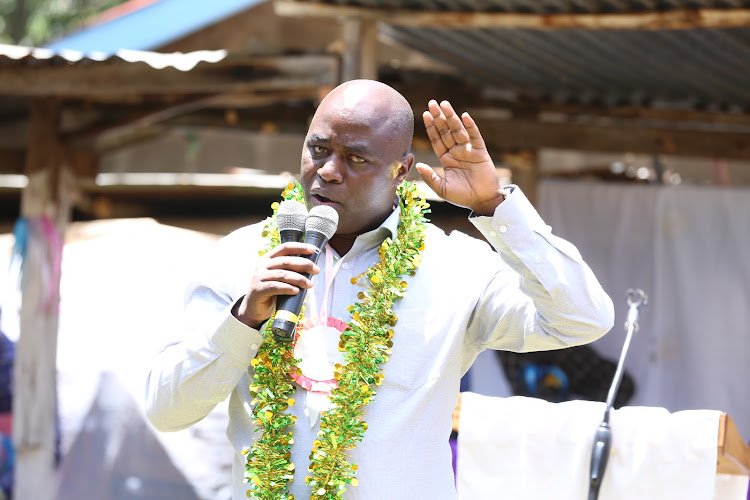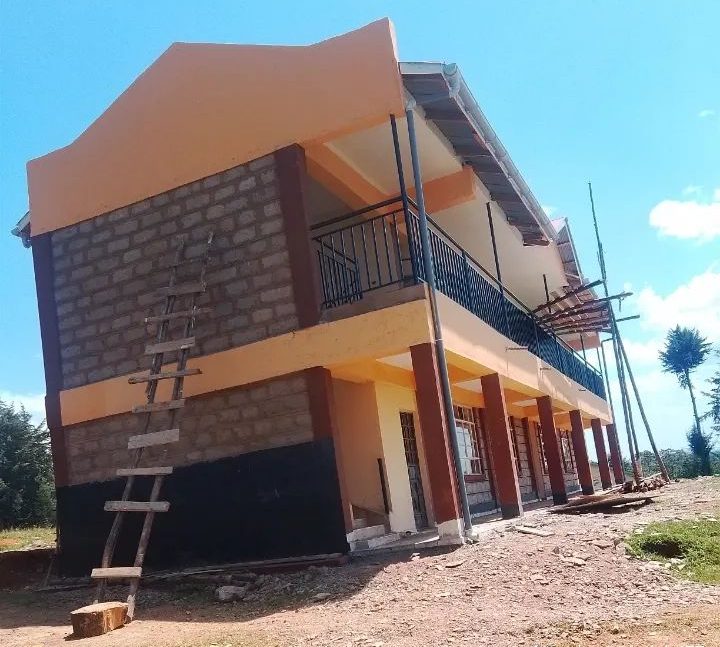By Kiplat Kaptuya
Gender-Based Violence [GBV] is becoming more prevalent in most pastoralist communities due to high illiteracy levels and silence by the victims, I am Responsible (Irep) Foundation director Domitillah Chesang’ has said.
The organization further revealed that ignorance among girls and women about their rights has jeopardized efforts to deal with GBV in the region.
Most women and girls who are victims of GBV lack basic knowledge on what to do and where to go in case of abuse.
The National Crime Research Center report of 2018 reveals that West Pokot County has a 6.8 per cent prevalence rate against a national figure of 9.2 per cent.
Yet more than 60 per cent of GBV cases in the county go unreported, making justice for them a distant mirage.
Moreover, excusing violence as a ‘private affair’ often prevents others from intervening as girls and young women are prohibited from reporting.
Girls and young women often experience violence at home ranging from corporal punishment to sexual, emotional or psychological abuse.
The director said most perpetrators are never prosecuted, a situation that has greatly affected the fight in the region.
Ms Chesang said cases of defilement and rape have greatly increased and has become a major point of concern in the county.
The organization also revealed that the county has an illiteracy rate of more than 67 per cent with a better portion being women.
“School retention is very low because girls are married off at a very early age. The government should step in and build rescue centres for girls to ensure they are protected from early marriages,” said Ms Chesang.
She asked the government to roll out advocacy programmes in the region to increase school enrollment among girls.
Speaking at Kongelai area during a women’s forum, Ms Chesang said violence against women and girls has enslaved women in the region who think their voices cannot be heard.
Since the Covid-19 pandemic, GBV has been on the rise; probably as a result of stress related to job losses. Most recently, the cases have sharply risen especially during the electioneering period.
The director, also an anti-FGM (Female Genital Mutilation) crusader, urged the community to discard the primitive cultural practice and others that degrade women like early and forced marriages.
“We want women and girls to enjoy equal rights like men in the society. We need to sensitize the community about these painful things that happen to women to ensure we protect them,” said Ms Chesang.
She added that the menace cannot end if women are not informed of their rights, pointing out that there is need for them to form groups that will help them acquire resources to empower themselves.
“We want to empower our women at the grassroot level to make them aware of their rights and fight these retrogressive practices that demonize women and girls in the Pokot community,” she said.
A community development facilitator Mrs. Emily Partany said women are being treated unfairly and many cases go unreported, even those that result in death.
“Many women are tortured to death by their spouses as they are regarded as children in most pastoralist communities,” she said.
She said West Pokot County women have been quiet for too long and it was time their voices were heard to end the violence.
“We want elected leaders, chiefs and elders at the grass roots to help in protecting women against violence,” she said, adding: “Women are regarded as tools rather than humans. We should come together to fight for our rights and condemn the killing of our own on baseless suspicion of infidelity,” said Ms Partany.
She accused men of molesting them and not giving them a chance to be heard.
“We wonder why women in this community are being abused. It is time we stood up to violence because it has gone beyond limits,” she said.
Since the Covid-19 pandemic, GBV has been on the rise; probably as a result of stress related to job losses. Most recently, the cases have sharply risen especially during the electioneering period.
The National council of churches of Kenya [NCCK] West Pokot Secretary Grace Nyuthe was concerned, saying it may be attributable to women being forced to vote in a particular way.
County Gender Officer Emanuel Oigo challenged area chiefs and their assistants to scale up the war against all forms of GBV such as FGM and rape.
He said there is a need to reduce the prevalence of Sexual and Gender-Based Violence (SGBV) and FGM as it remains one of the most serious threats to physical and emotional health with no benefits to women and girls.
“I urge you to increase awareness about the harmful effects of FGM and the need to end SGBVs that has affected the welfare and dignity of women and girls in your villages.” He said.






